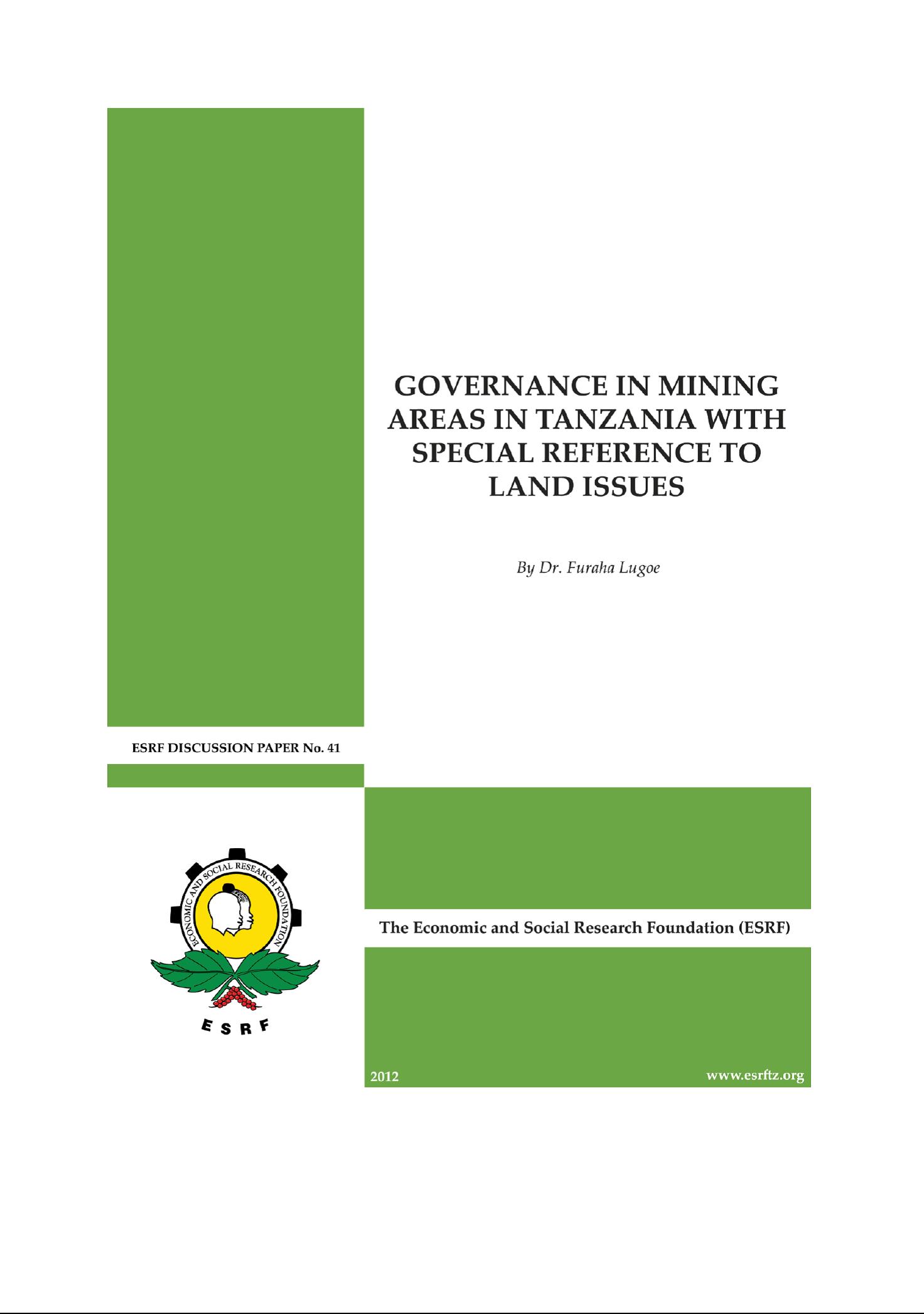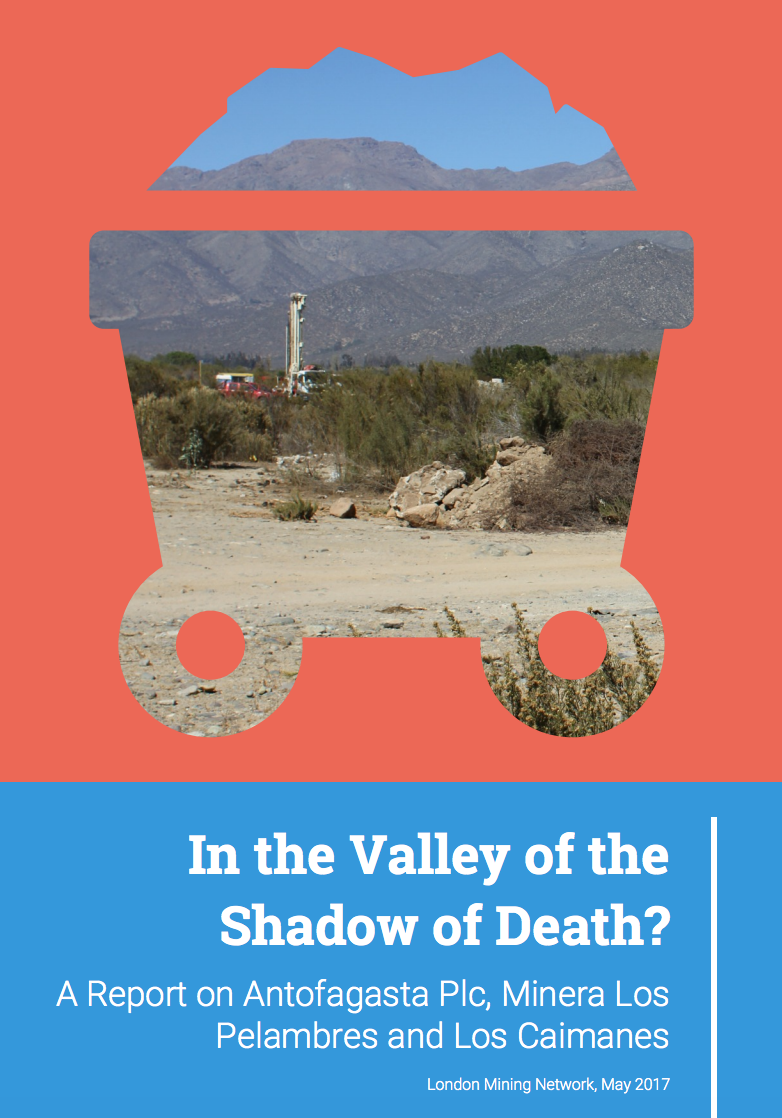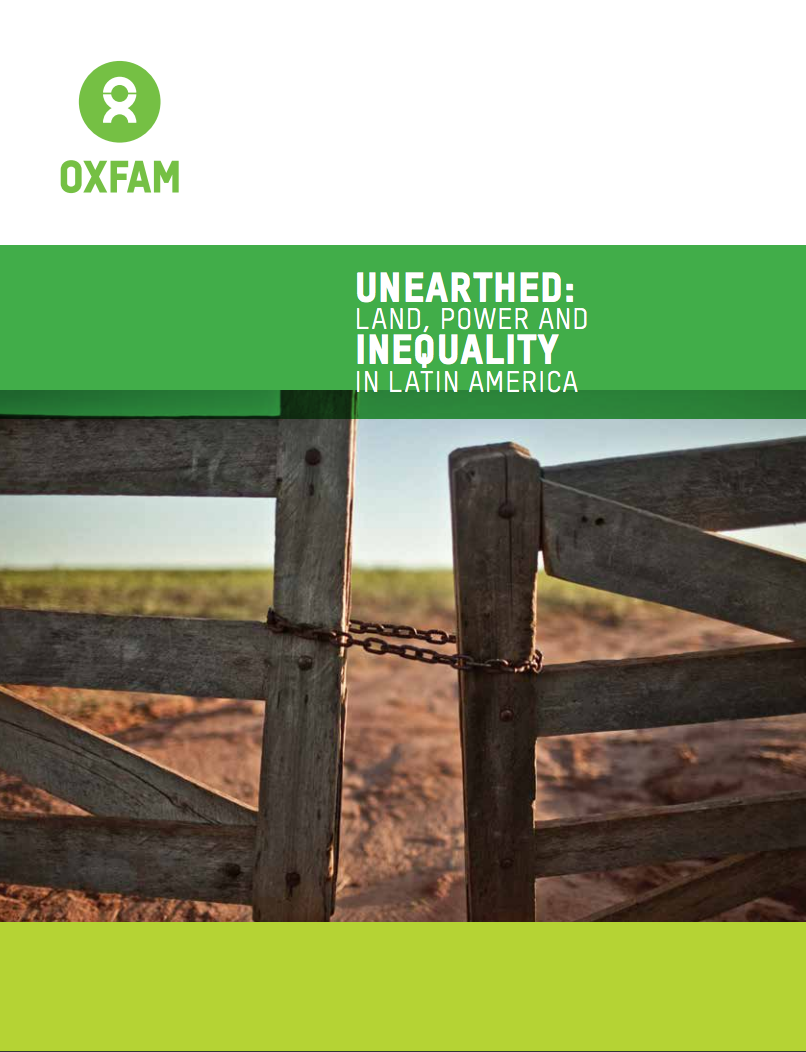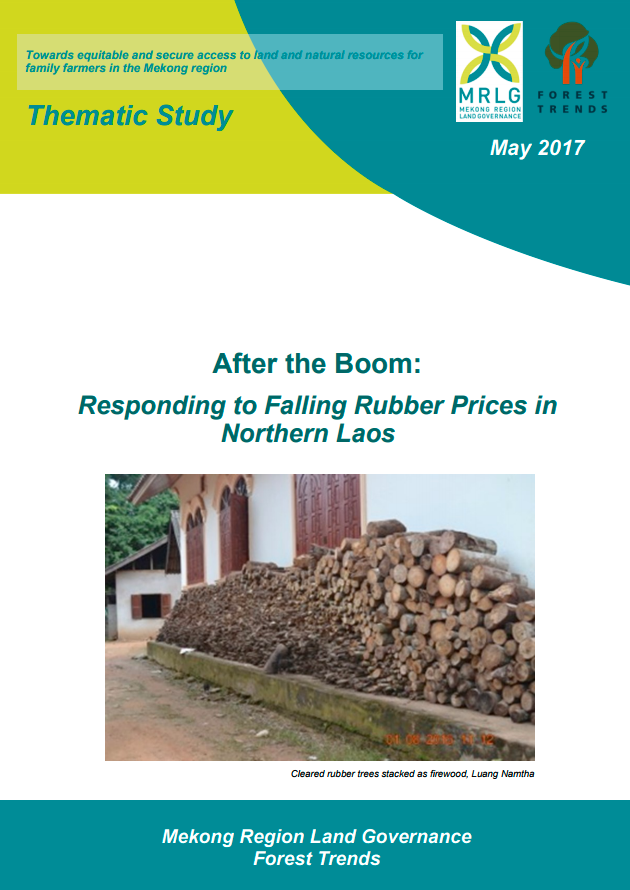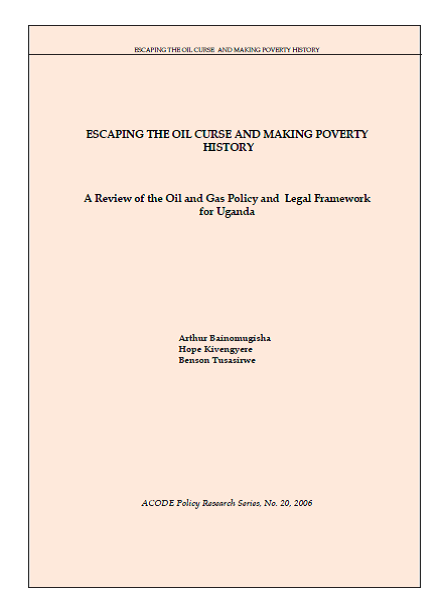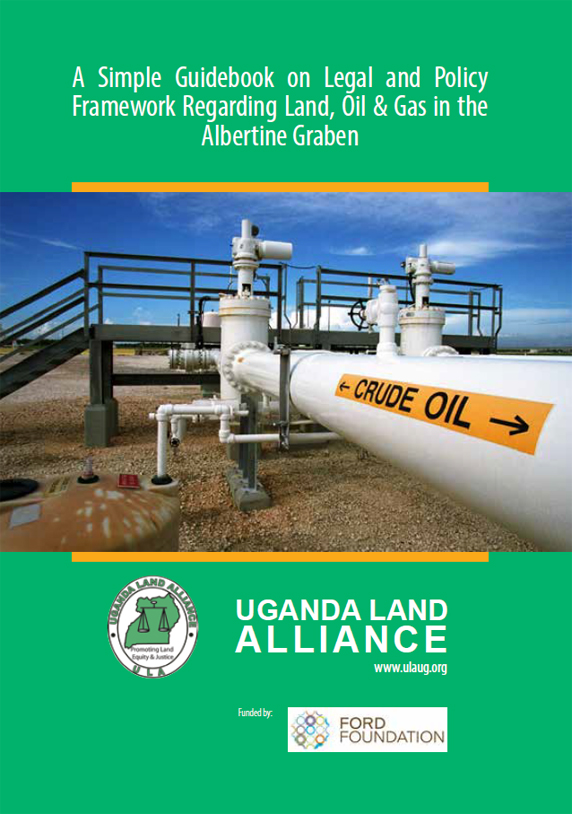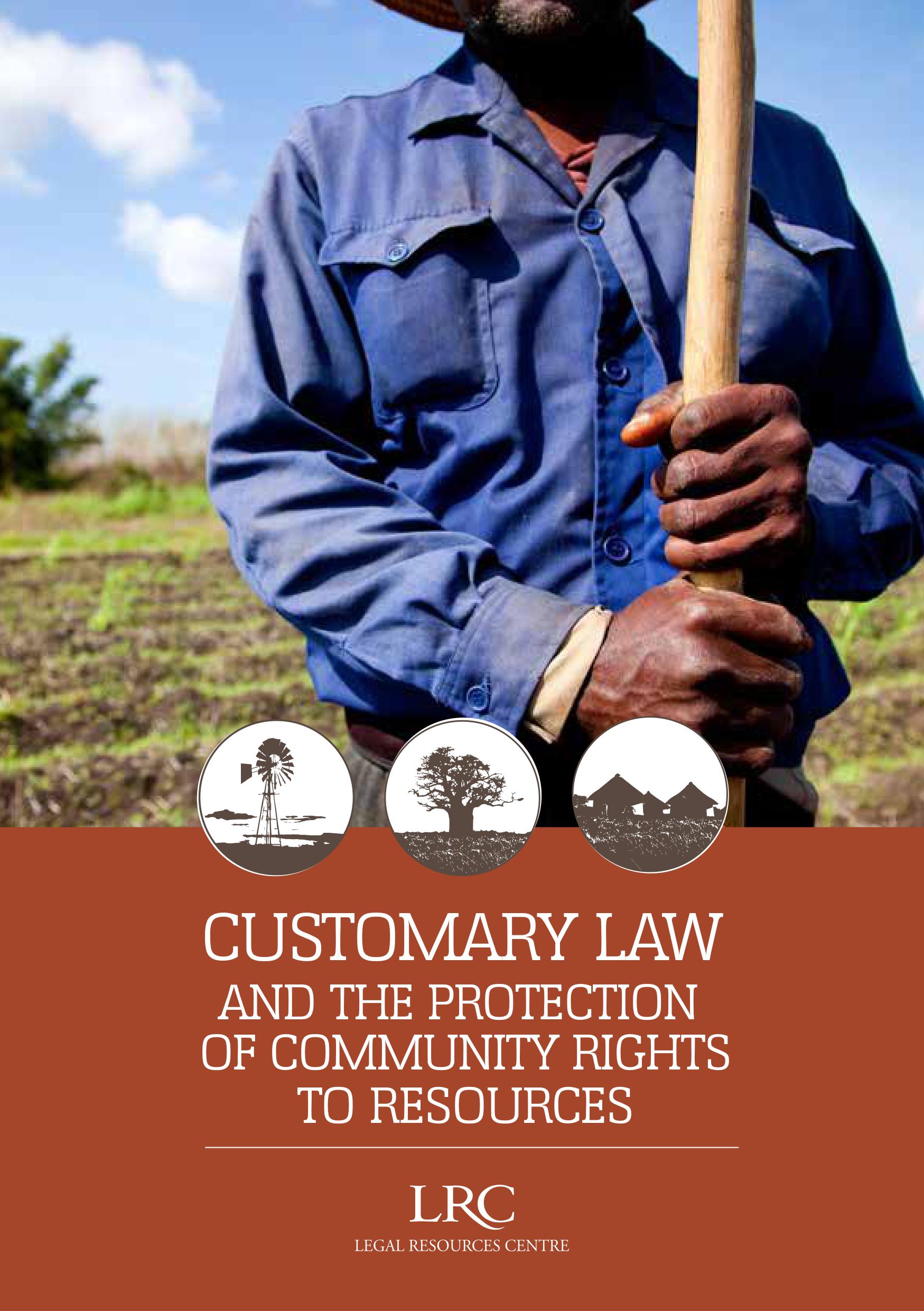Governance in Mining Areas in Tanzania with Special Reference to Land Issues
The economies of many countries such as the Gulf and Southern African States are to a considerable extent sustained by financial flows from extraction of mineral resources and fossil fuels. The discovery of such fortunes, in sufficiently viable quantities, can be a significant national blessing for effectively addressing development challenges. However, experience in other countries has shown that financial resources obtainable from mineral and fossil fuel extraction – the Extractive Industry, have not always assisted economic and social development.

